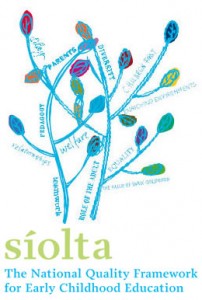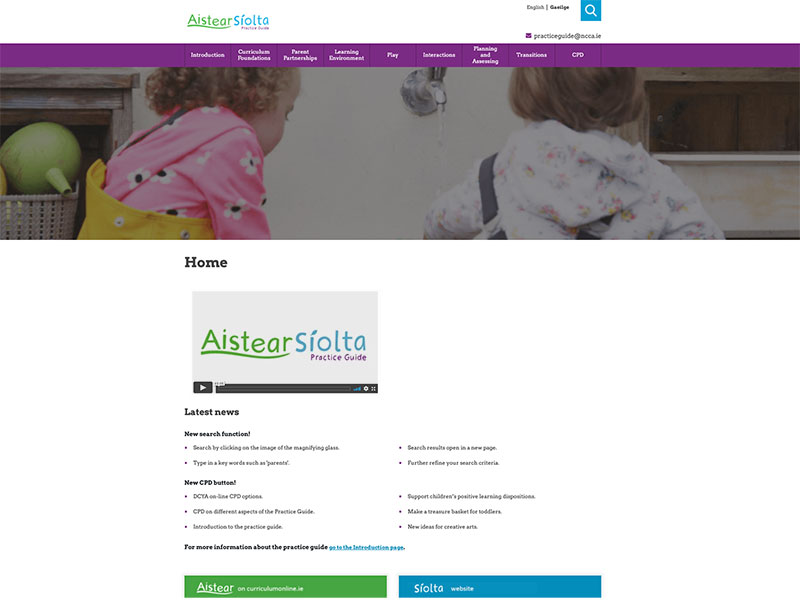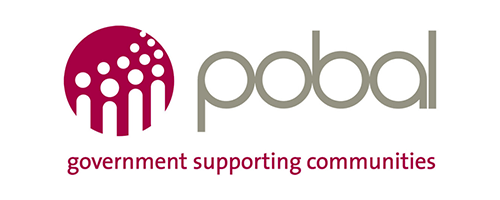What Is Quality Childcare?
‘Quality is achieved in childcare through the provision (among other things) of a good physical infrastructure; imaginative materials which meet the different needs of the children in the facility; a warm and caring team of practitioners; a good relationship between parents and the childcare team; sound management policies and practices; awareness of equality and diversity; and a responsiveness to the individual needs of each child. Equally important are appropriate ratios of staff to children, the presence of qualified staff and the contentedness of staff with their working environment and structures’
Developing Childcare in Ireland: A Review of Progress to End 2003 on the Implementation of the Equal Opportunities Childcare Programme 2000-2006 Dublin: Department of Justice Equality and Law Reform.
It is clear from international research that high quality childcare can have many long term benefits for children and their families. Children who have attended high quality pre-school services are likely to perform better in school and have less chance of leaving early.
It is difficult to define quality in childcare services. However, a high quality provision will cater for a child’s development needs irrespective of the type of facility. A well trained and experienced workforce is essential in providing a quality childcare service. A worker’s knowledge of childcare development is one of the main contributory factors to a high quality service across all types of childcare facility. Wicklow CCC can assist childcare providers in providing a quality service by offering relevant information, support and training.

Síolta, The National Quality Framework
Síolta is the national quality framework for the early childhood sector that establishes the quality standards to which all services should aspire. This framework is called the Síolta Quality Assurance Programme (QAP). Síolta means ‘seeds’ in Irish. The idea is that this framework can plant the seeds through which each service can grow to its full potential in its own distinctive way. Therefore, Síolta can be used no matter what kind of curriculum you follow – a Play-based Curriculum, Montessori or Primary School.
The Síolta programme is now managed by the Early Years Education Policy Unit (EYEPU) within the Office of the Minister for Children and Youth Affairs (OMCYA). Síolta has 16 standards that services must work towards. They range from the Rights of the Child to Environments, Interactions, Curriculum and Legislation and Regulation and Community Involvement.
Aistear Síolta Practice Guide
The Practice Guide has been developed by the National Council for Curriculum & Assessment (NCCA). The aim is to support practitioners in using Aistear: the Early Childhood Curriculum Framework (2009) and Síolta, The National Quality Framework for Early Childhood Education (2006) together to develop the quality of their curriculum.
The Practice Guide includes a range of resources to help practitioners to critically reflect on their curriculum and to identify what works well. Additionally, the resources can help practitioners to identify priorities for development and to plan actions for positive change.



